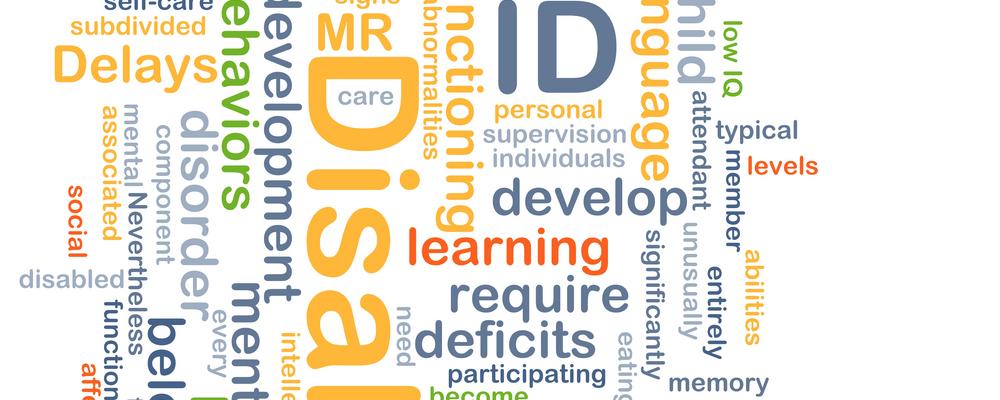
Children of mothers with mild intellectual disability: What do we know? What are we doing?
Ida Lindblad's latest blog entry
[Posted on 14 November, 2017 by Ida Lindblad]
Children of mothers with intellectual disability are at higher risk than other children of experiencing accidents, abuse, neglect and violence. Half of the children do not grow up with their biological mother. Studies began showing this as early as the 1980’s and the same situation has since been confirmed by studies performed during the 2010’s. Article 9 of the Convention on the Rights of the Child states the child has the right to be protected from all forms of physical or mental violence, injury or abuse, neglect or negligent treatment, maltreatment or exploitation, including sexual abuse, while in the care of parent(s), legal guardian(s) or any other person who has the care of the child. We know that many children in this group do not have this protection.
Intellectual disability involves difficulties in theoretical thinking and simultaneously significant difficulties in independently coping with everyday life. The international diagnostic manual (DSM-5, 2013) states that people with intellectual disability need support if they start a family. Even so, individuals with intellectual disability are not automatically granted support, neither in their choice to be a parent nor in their role as a parent. Even though we know today that children of parents with intellectual disability run an increased risk of not having their fundamental needs met, there is no legislated support in the form of societal intervention for these families. We need to talk more about how we can support these children and families.
It is certainly disconcerting that the children, in families where one or both parents have an intellectual disability, are not given pre-emptive support. Only when it is made clear that parents are unable to manage taking care of their child are they given any societal support. If we were to compare this with driving, it would mean that everyone would be allowed to drive a car, even without a licence. Only when a person actually ends up causing a collision or injuring someone else in traffic, would they be obligated to start taking driving lessons. This is about children who are unable to make their voices heard in the public forum. These children do not have something like a strong association of relatives to make their case. Lisbeth Pipping, who grew up with a mother with mental retardation/intellectual disability herself, has made important efforts in debates and as an author, but we need more strong forces that are able to shed light on the needs of this group of children.
Children of parents with intellectual disability are doubly at risk, both of experiencing neglect and violence, and, based on genetics, of having an intellectual disability of their own. These are children who should be considered a priority on the political agenda. Many children and families need extensive supportive measures from society. Many conditions today have associated national guidelines and care programmes. Such a programme could be developed in collaboration with the professions who encounter these families and hopefully receive the full backing and support of The National Board of Health and Welfare. These are children (and parents) who need society’s support.
[This is a blog. The purpose of the blog is to provide information and raise awareness concerning important issues. All views and opinions expressed are those of the writer and not necessarily shared by the GNC.]
